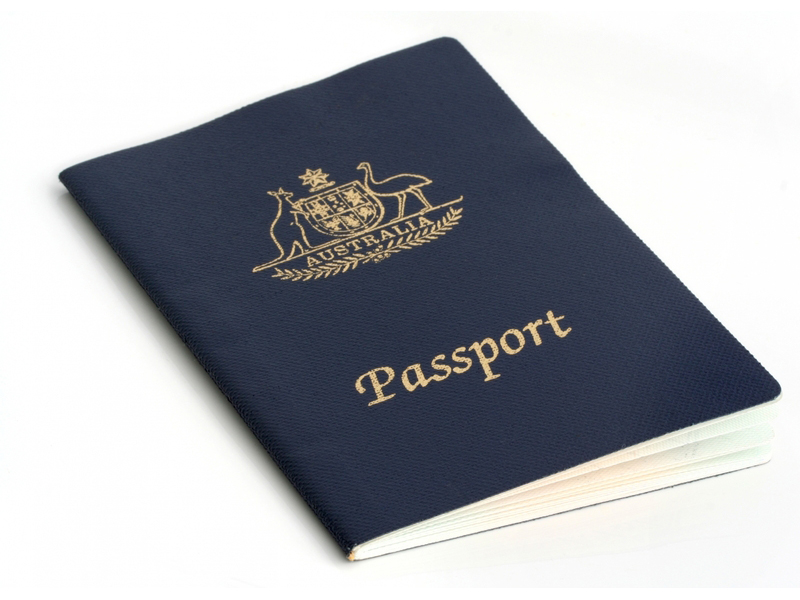
Now that you’ve made the decision to travel, and have your plan, what’s next? Some of the things I say here might sound obvious, but they are all essential.
Firstly, make sure your passport is up-to-date. By this, I don’t just mean a passport that has not yet expired, but a passport that has sufficient time on it to allow you to travel. Some countries won’t let you in unless you have at least a certain amount of time left on your passport. For example to enter Thailand, you need a passport that has at least 6 months of validity. To enter Turkey, you need at a passport that has at least 6 months of validity, and 3 months from the expected date of departure. If you know what country you are going to be travelling to, then make sure you have what you need. If not, 6 months of validity is a good starting point.
This leads on to the issue of visa requirements. Depending on the nation that has issued the passport you are travelling on, there will be different requirements as to whether or not you need an entry visa, how long the visa will be valid for, what restrictions it places on you etc. A lot of countries have visa waiver programs which means that if your country has entered into a visa waiver agreement with a country that you want to visit, you won’t need a visa (note that this doesn’t mean that you can stay indefinitely – there will almost always be a 30, 60, 90 day maximum stay limit for those entering a country for the purposes of leisure).
Some countries will let you get your visa upon arrival, and some will require you to go to the embassy in your home country before you travel, or apply online. Make sure you do your research. There are certainly circumstances where you can chance it (for example, fellow blogger Nate from Yomadic arrived in Iran with no visa, and was able to sort things out and enter) however you might not always be so lucky (I had another friend who didn’t get his visa for the Ukraine arranged before arrival and he was not allowed into the country). If you can avoid leaving it up to pot luck and how nice the customs officer on duty that day is, you should.
You also need to be aware of any other entry requirements that a country might have. For example when travelling to the United States, citizens of countries that have a visa waiver agreement with the United States are still required to be electronically authorised to travel (get an ESTA) on the internet before they travel. Essentially, it’s a small administrative fee that the US Government is charging visitors so that they can pay for all those new full body scanners they bought. You never know when a country might introduce something like this so it’s always wise to check.
One final thing to be aware of, is that if you intend to travel to 2 countries that aren’t exactly the best of friends, you might have hassles getting into one of the countries if the customs officer looks at your passport and sees that you have visited the other country; for example entering the United States after having visited Iran. What some governments offer (for example the Australian Government) is the ability to be issued with a second passport. You can then avoid the hassles by travelling to the different counties on different passports. You won’t be issued with a second passport without good reason – look at the rules/legislation and see if your situation fits the requirements.
Do you have any tips or experiences on this matter to share?

